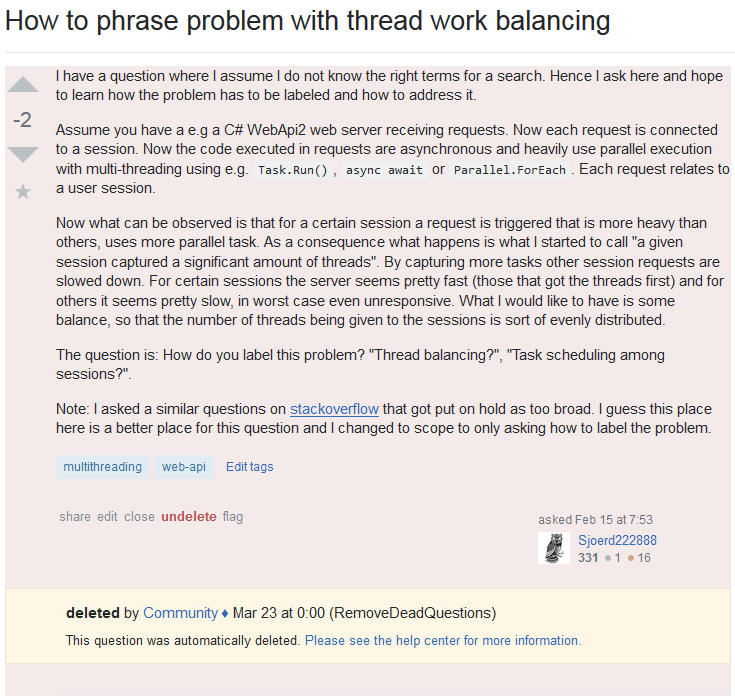Questions that ask about terminology are not automatically off topic, but asking them well is really difficult.
A couple of issues incl. references to various pieces of guidance have been discussed in: On the troubles of naming and terminology. Furthermore, relevant guidance has been collected in Why was my question closed as "Too Broad?" and Why was my question closed as "Primarily Opinion-Based?".
The crux of the problem with terminology questions is that real questions have answers – not opinions or ideas. Terminology questions are often like polls that have no wrong answers, only more popular and less popular responses. The Stack Exchange model is not a good fit for such polls.
Terminology questions may also have an XY-problem component: whereas the question asks for a name of a problem, the asker may actually be seeking a solution to their problem. Questions that try to solve concrete problems usually fare much better.
A minor objection is that the goal of Stack Exchange style Q&A is not primarily to help the asker, but to build a library of posts that helps future people with the same question. “Name this thing” questions are very difficult to find because they typically contain a vague, unsearchable problem description if you don't already know the descriptive term.
Terminology questions also tend to suffer from the problem that they are literally unanswerable: some things don't have names, at least not names that are widely accepted in the field. In theory “there is no name for this” could be a valid though disappointing answer, in practice such a question is likely to attract suggestions for made up names – see the bit about polls above.
To summarize guidance from the posts linked above (in particular this one), a good terminology question will
- ask for the name of a well known concept
- describe the context in which the name will be used, e.g. individual programming languages and problem domains might have unique terminology
- for example, context could be provided by code snippets
- describe acceptance criteria for the term (to avoid this from devolving into a poll)
- list terms that you have thought of but discarded (why?)
- this shows that you did prior research before asking
- this also helps to clarify the concept you are asking about
Your question does fairly good on this, for example you do provide ample context.
However, your question does not show prior research. You suggest terms like “thread balancing” but do not explain why they don't solve your problem. I think the implicit acceptance criterion is that you are not seeking any term that describes your problem, but a widely accepted term for this class of problems, for example a term used in scheduling theory textbooks.
I therefore agree that the question as written is primarily opinion based. I would suggest that you either
rephrase the question to explain clearly what kind of term you are seeking and why the terms you know so far are insufficient; or that you
ask a new design-level question about how the problem you are facing can be solved, i.e. the correct terminology might actually be irrelevant for you.
If the question is not about design but about the correct use of some API or about debugging your system, then Stack Overflow would be the correct address. Your original SO question (with the terminology parts removed) actually does fairly well. It asks about ways to solve the problem but merely contains insufficient details as to which solution might be appropriate.

